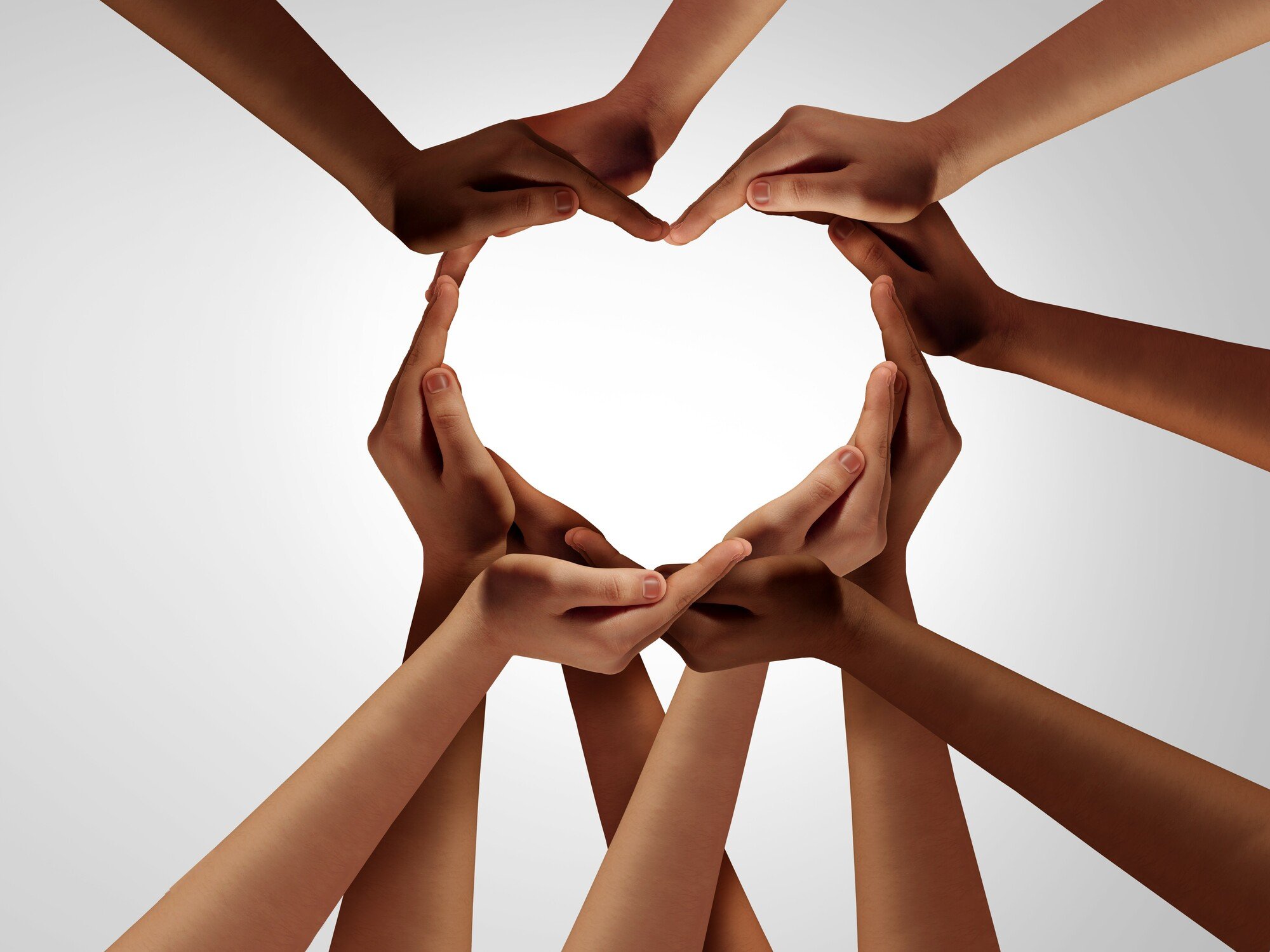When the Treatment Is Over but the Fear Remains: Living with the Shadow of Recurrence
#Cancer #athanasiadou #linda Athanasiadou
Linda Athanasiadou — cancer survivor writing at the intersection of health and humanity
When my oncologist finally said the words “no evidence of disease,” I smiled, nodded, and thanked him. Then I went home, sat on the edge of my bed, and cried—not from joy, but from something closer to confusion. Relief, yes. But also fear. Because no one prepares you for how hard it is to live after treatment, when the outside world thinks you’re fine—but inside, the fear lingers like a shadow.
For months, maybe years, your life revolves around fighting. Schedules are built around chemo cycles, scan dates, blood draws. There’s a structure to survival. And then suddenly, it stops. You ring the bell. You go home. And you’re left alone with your body—changed, fatigued, and no longer monitored with the same urgency. That silence can be terrifying.
Every ache becomes a question. Every headache, a whisper of dread. I found myself scanning for signs of recurrence constantly—body-checking, Googling symptoms at midnight, second-guessing every sensation. And worse, I didn’t feel I could talk about it. People wanted celebrations. They wanted me to “move on.” But emotionally, I was still in the thick of it.
Research backs this up. Studies published in 2024 and early 2025 confirm that post-treatment anxiety is incredibly common among survivors. According to the National Cancer Institute, fear of recurrence is one of the most persistent and distressing issues for cancer survivors—even years after treatment ends. And yet, it’s rarely addressed with the same seriousness as physical care.
What helped me most was naming it. Saying out loud: “I’m afraid.” Talking to a therapist who understood survivorship. Joining peer groups where I didn’t have to pretend. Creating routines that grounded me when uncertainty loomed—daily walks, journaling, mindfulness. I also gave myself permission to not feel grateful every second of the day. Gratitude and fear can coexist.
I still live with that shadow. Maybe I always will. But it doesn’t define me anymore. It walks beside me instead of ahead of me. And on most days, I can look it in the eye and say: Not today.
If this resonates with your journey, I invite you to read my article, “The Silent Anxiety After Remission: When the World Thinks You’re Fine,” The Silent Anxiety After Remission: When the World Thinks You’re Fine where I explore the emotional aftermath of surviving—and how to keep moving forward even when fear whispers in the background.
You’re not broken for being afraid. You’re human. And in that honesty, healing begins.

